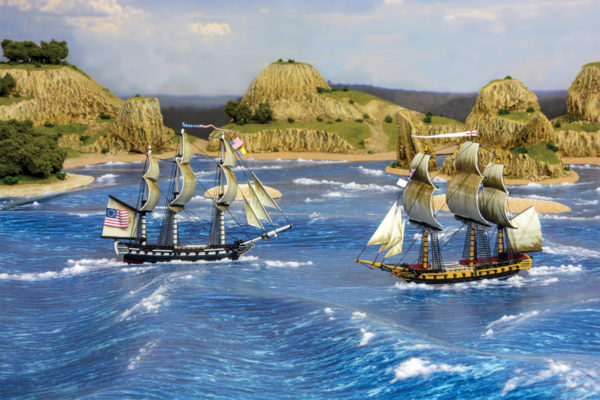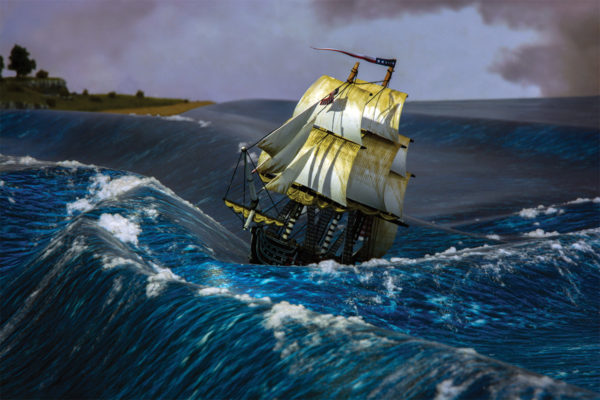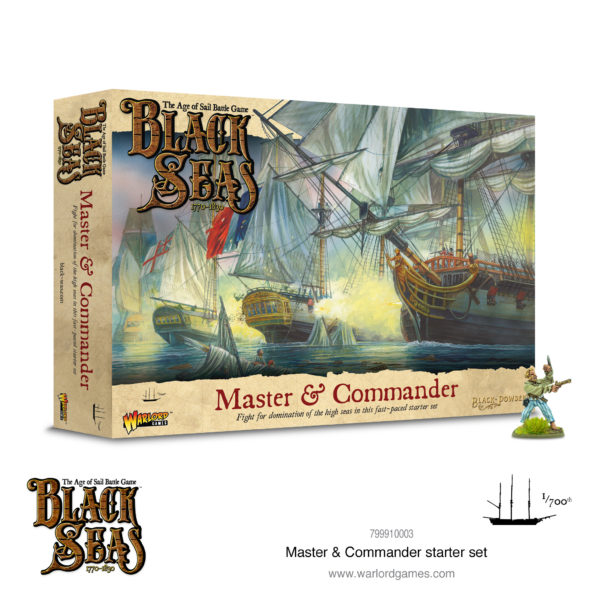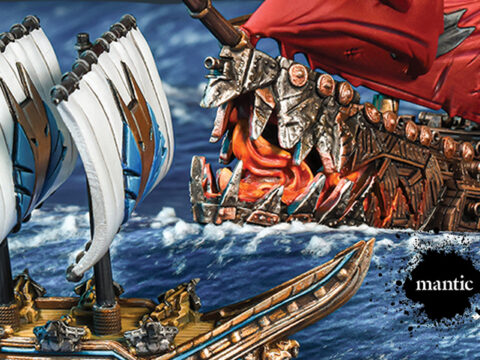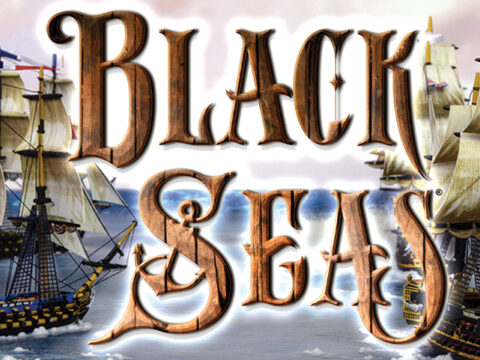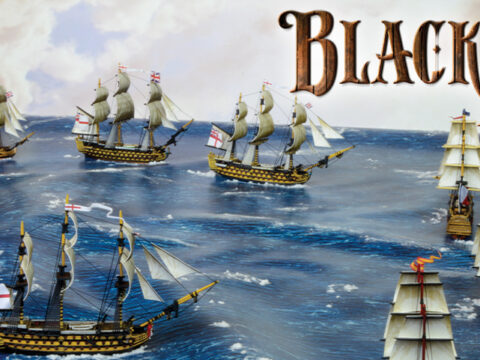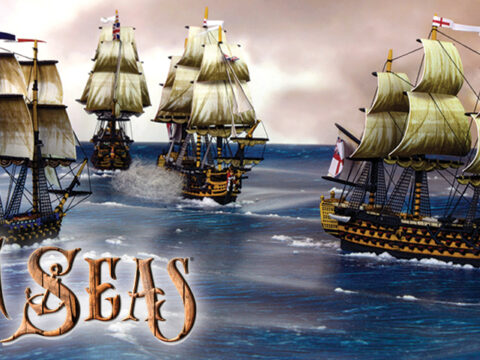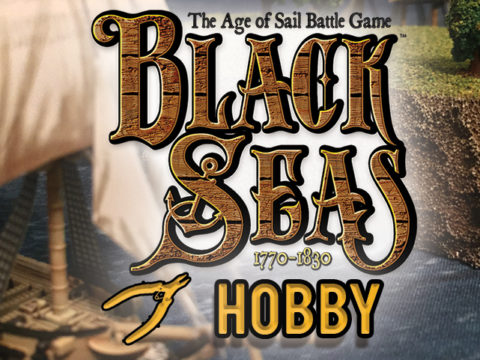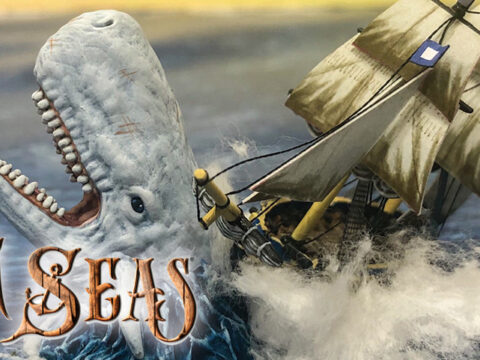With the release of Black Seas just around the corner, we’re heading back to 1776 to look at the battle of Turtle Gut Inlet!
Situated at the mouth of the Delaware River, just down the coast from Cape May, Turtle Gut inlet was the backdrop for one of the American War of Independence‘s first naval actions!
Grounded on the Turtle Gut!
Following the outbreak of war, the Royal Navy had blockaded the Delaware Bay, to prevent the nascent US Navy bringing cargo upriver to supply the city of Philadelphia. At the time of the battle, this blockade was maintained by just three ships – the 28-gun sixth-rate HMS Liverpool under Captain Henry Bellew, the 32-gun fifth-rate HMS Orpheus under Captain Charles Hudson and the 16-gun sloop HMS Kingfisher captained by Alexander Graeme.
Earlier in the year, Pennsylvanian patriots had chartered the Nancy – a 6-gun brig – to bring cargos of arms and gunpowder across the Atlantic from the Caribbean. Packed to the gunwales with kegs of powder and cases of muskets, the Nancy was headed for home when she encountered the British squadron.
Racing to the Nancy’s aid was a squadron headed up by future Commodore and father of the US Navy Captain John Barry in the newly-minted 16-gun brig USS Lexington. Accompanying Barry was the 18-gun brig USS Reprise under Captain Lambert Wickes and the 8-gun schooner USS Wasp under William Hallock.
Barry’s Daring Rescue
Barry had been alerted to the Nancy’s arrival off Cape May and had piled on the sail to catch up with her before the British did. Unfortunately, by the time he arrived, the Nancy had run herself aground in Turtle Gut Inlet and her crew was unloading the powder, under sustained bombardment from the British squadron.
Dividing his crews into two groups, Barry attempted to rescue the Nancy’s valuable cargo. Half would remain aboard their vessels, harassing the British squadron with repeated broadsides, while the other half took to their longboats and assisted the recovery of the cargo.
Barry’s crews, assisted by local patriots and Nancy’s crews were able to recover about two-thirds of the brig’s cargo, stowing it in the dunes. By this point, the brig was coming apart under the British fusillade and the rest of the powder had to be abandoned, with a smouldering slow match to prevent it from falling into British hands.
That smouldering match would cause the only British casualties of the battle when an away party from the Orpheus were caught in the ensuing explosion while investigating the abandoned brig.
Take to the Black Seas!
Begin your seafaring adventures with the Black Seas starter set. You’ll receive a selection of brigs and frigates; giving you the makings of a fine fleet.

